Apartheid was a policy adopted in South Africa that discriminated between whites and nonwhites. Apartheid was in effect from 1948 to 1994. After centuries of colonial occupation, by the early 20th century South Africa was an independent nation, inhabited by many different ethnic groups. Indigenous Africans were more than 70% of the population. Inhabitants of European descent were about 15%. The remaining people, of Indian descent or mixed heritage, were called coloured under apartheid. The doctrine of apartheid, or separateness, was developed in the 1940s and promoted by the National Party. The party was predominantly made up of Afrikaners, descendents of Dutch colonialists who had come to South Africa in the 17th century.
Apartheid was meant to ensure that whites and non-whites on the same territory lived in segregation. Architects of the strategy insisted that apartheid would ensure that different ethnicities could live in harmony and preserve their own traditions. Instead, the philosophy rationalized racial discrimination. In 1948, the National Party won national elections and instated the apartheid policy. From that moment on, interaction between races was banned. Blacks were barred from using transportation reserved for whites and went to different schools. Blacks received lower wages and lost the right to vote. The government also created bantustans, ethnic homelands, where different ethnic groups were forced to live together. Residents in the nominally self-governing Bantustans lost South African citizenship. These new "homelands" were arid and difficult to farm. Many residents left them to work in white-run South Africa, where they had no legal rights.
Political party African National Congress organized opposition to apartheid. Active from the 1940s on, it staged strikes and boycotts. The government cracked down on the party in 1964, arresting its leader, Nelson Mandela. He was sentenced to life in prison. By the 1980s, apartheid's opression was under international scrutiny. The United Nations pushed the South African government to abolish the practice and imposed crippling economic sanctions. In 1990, South African President Frederik de Klerk began to rescind apartheid laws and to open talks with the black majority. He released Nelson Mandela, who immediately regained his place as a political leader. In 1993, Mandela and de Klerk were jointly awarded the Nobel Peace Prize. In 1994, South Africa’s blacks regained the right to vote. The ANC won in a landslide. Mandela defeated de Klerk to become South Africa’s first black president.
Apartheid was meant to ensure that whites and non-whites on the same territory lived in segregation. Architects of the strategy insisted that apartheid would ensure that different ethnicities could live in harmony and preserve their own traditions. Instead, the philosophy rationalized racial discrimination. In 1948, the National Party won national elections and instated the apartheid policy. From that moment on, interaction between races was banned. Blacks were barred from using transportation reserved for whites and went to different schools. Blacks received lower wages and lost the right to vote. The government also created bantustans, ethnic homelands, where different ethnic groups were forced to live together. Residents in the nominally self-governing Bantustans lost South African citizenship. These new "homelands" were arid and difficult to farm. Many residents left them to work in white-run South Africa, where they had no legal rights.
Political party African National Congress organized opposition to apartheid. Active from the 1940s on, it staged strikes and boycotts. The government cracked down on the party in 1964, arresting its leader, Nelson Mandela. He was sentenced to life in prison. By the 1980s, apartheid's opression was under international scrutiny. The United Nations pushed the South African government to abolish the practice and imposed crippling economic sanctions. In 1990, South African President Frederik de Klerk began to rescind apartheid laws and to open talks with the black majority. He released Nelson Mandela, who immediately regained his place as a political leader. In 1993, Mandela and de Klerk were jointly awarded the Nobel Peace Prize. In 1994, South Africa’s blacks regained the right to vote. The ANC won in a landslide. Mandela defeated de Klerk to become South Africa’s first black president.
RELATED


THE FALL OF THE BERLIN WALL
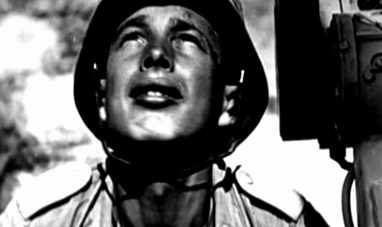

WORLD WAR II
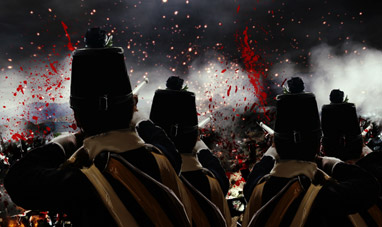

SECOND ITALIAN WAR OF INDEPENDENCE


THE FIRST GULF WAR


BUILDING THE SUEZ CANAL
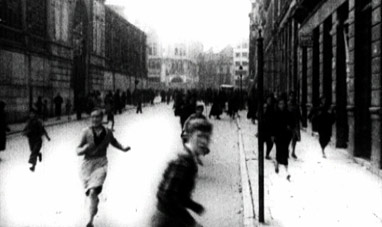

THE SPANISH CIVIL WAR
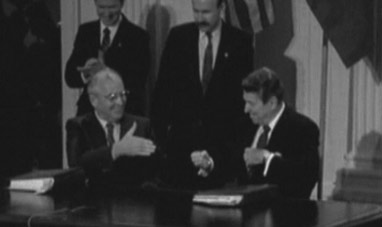

THE COLD WAR
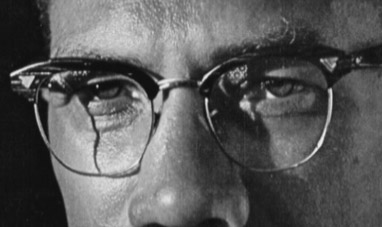

MALCOLM X


WORLD WAR I
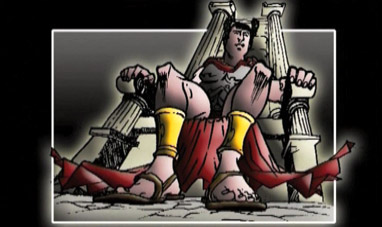

THE EDICT OF MILAN
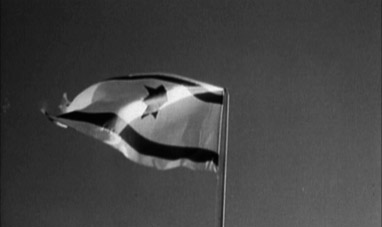

THE BIRTH OF ISRAEL
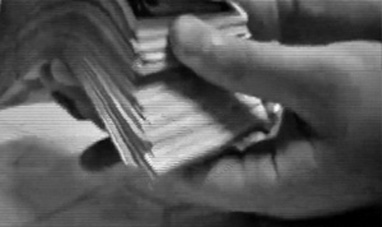

TANGENTOPOLI


THE KOSOVO WAR
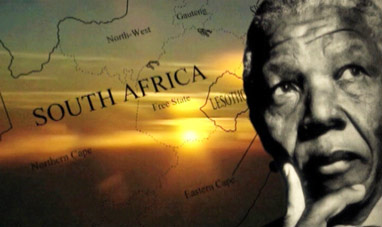

NELSON MANDELA
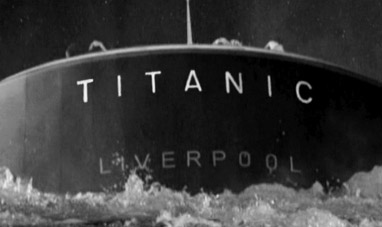

THE SINKING OF THE TITANIC
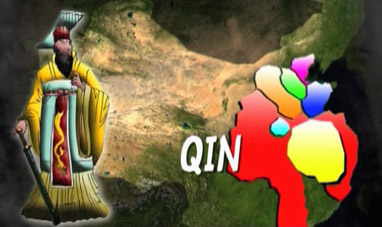

THE FIRST CHINESE EMPEROR AND THE QIN DYNASTY
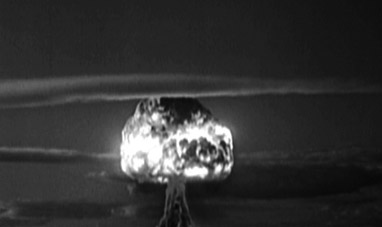

HIROSHIMA AND NAGASAKI
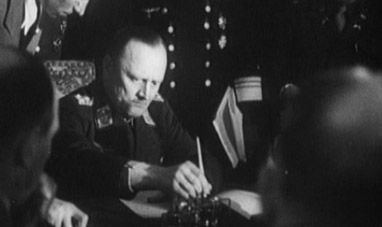

YALTA AND POTSDAM: NEW WORLD ORDER
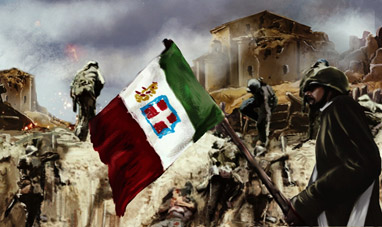

ITALIAN IRREDENTISM
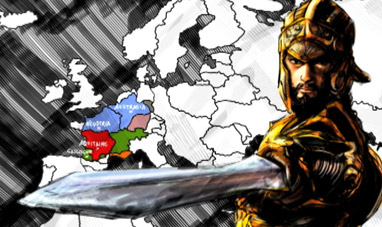

THE BATTLE OF TOURS


NORMANDY LANDINGS
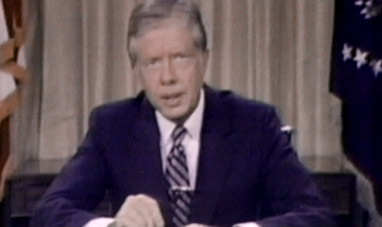

JIMMY CARTER
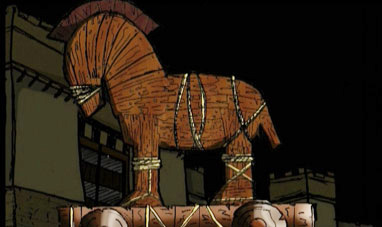

THE TROJAN WAR
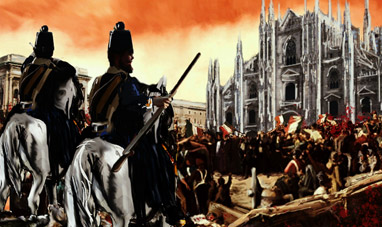

FIVE DAYS OF MILAN


SEPTEMBER 11, 2001
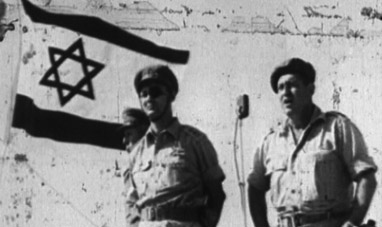

THE SIX DAY WAR


THE VAJONT DISASTER
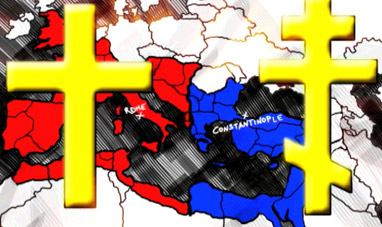

GREAT SCHISM, THE
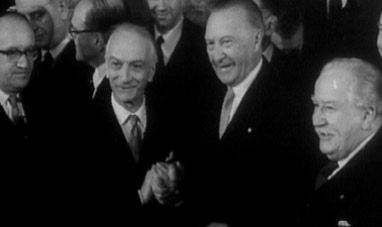

FOUNDING THE EUROPEAN COMMUNITY
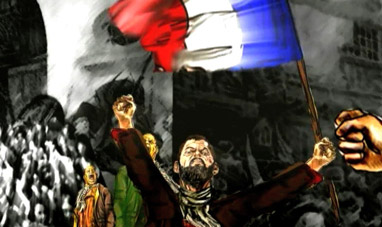

THE FRENCH REVOLUTION
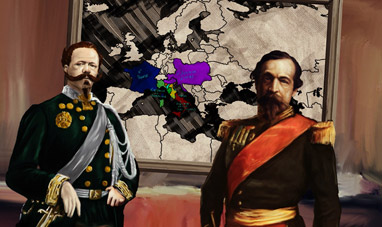

PLOMBIÈRES AGREEMENTS
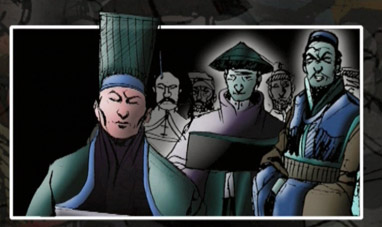

EARLY CHINESE DYNASTIES


THE SOVIET INVASION OF AFGHANISTAN
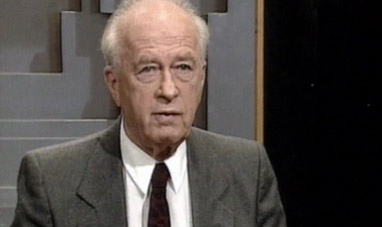

YITZHAK RABIN
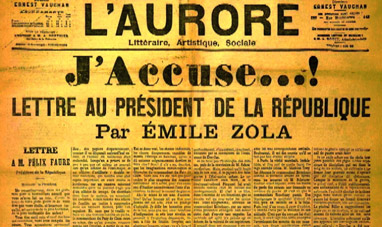

THE DREYFUS AFFAIR


THE 2001 ARGENTINE ECONOMIC CRISIS
